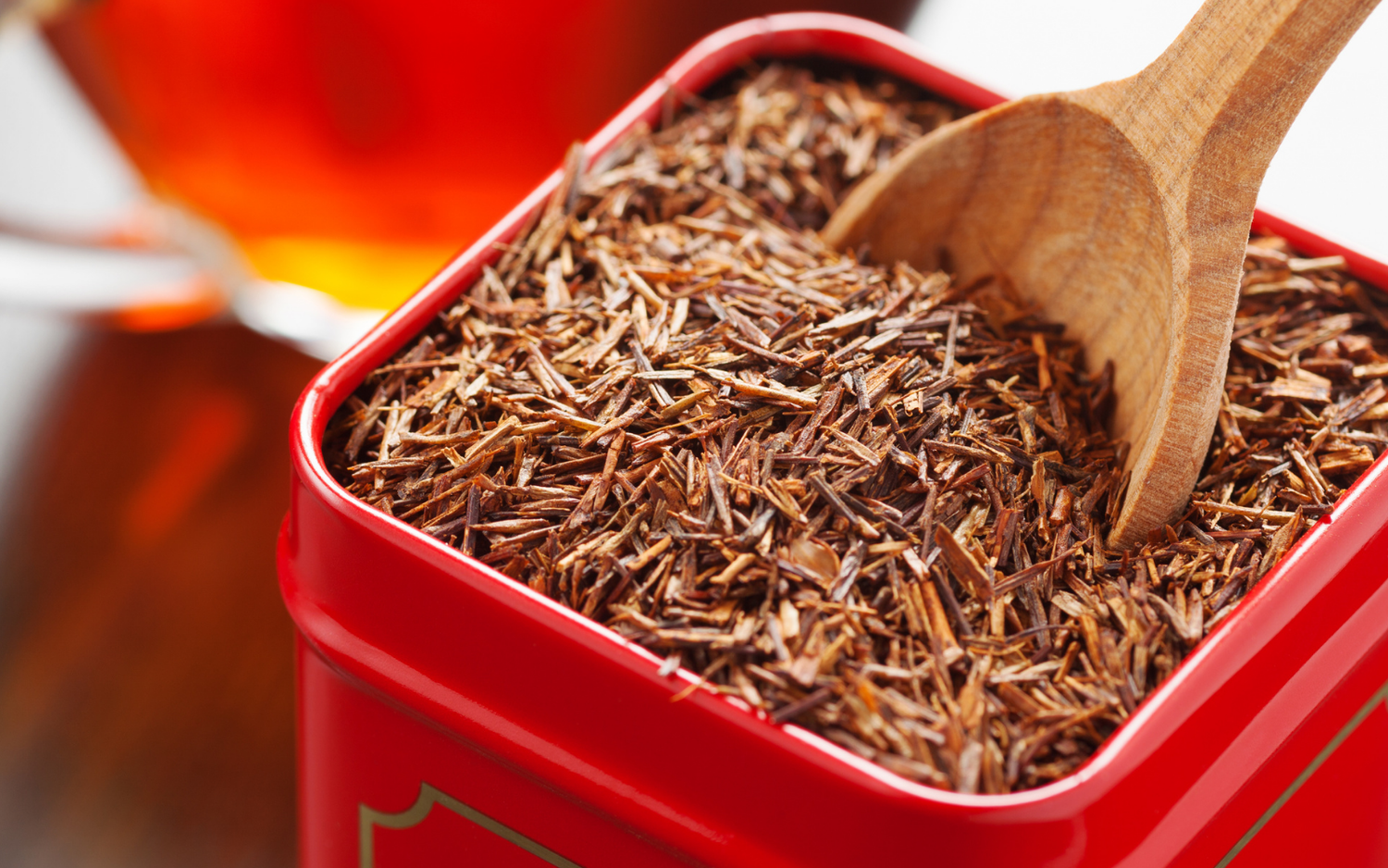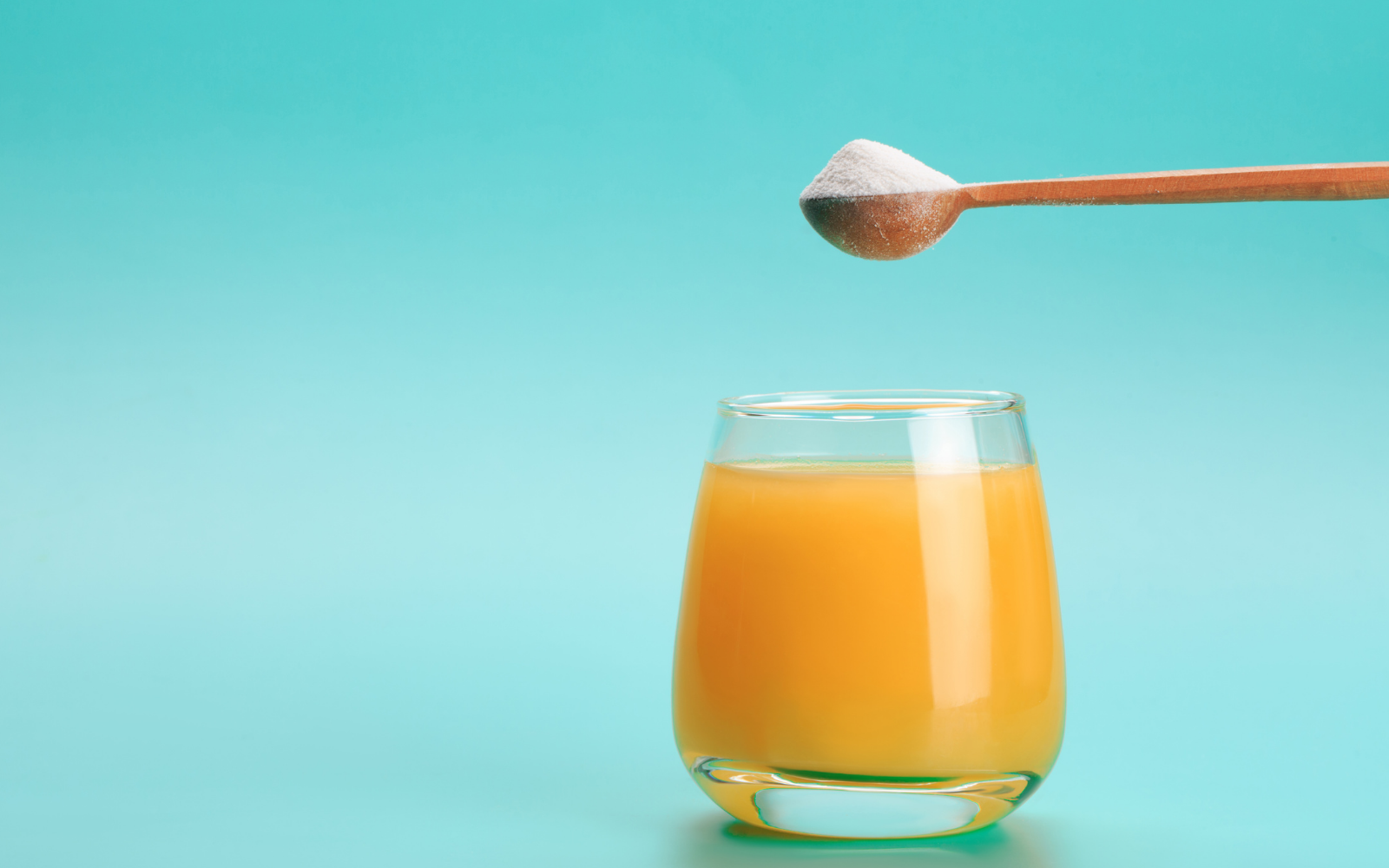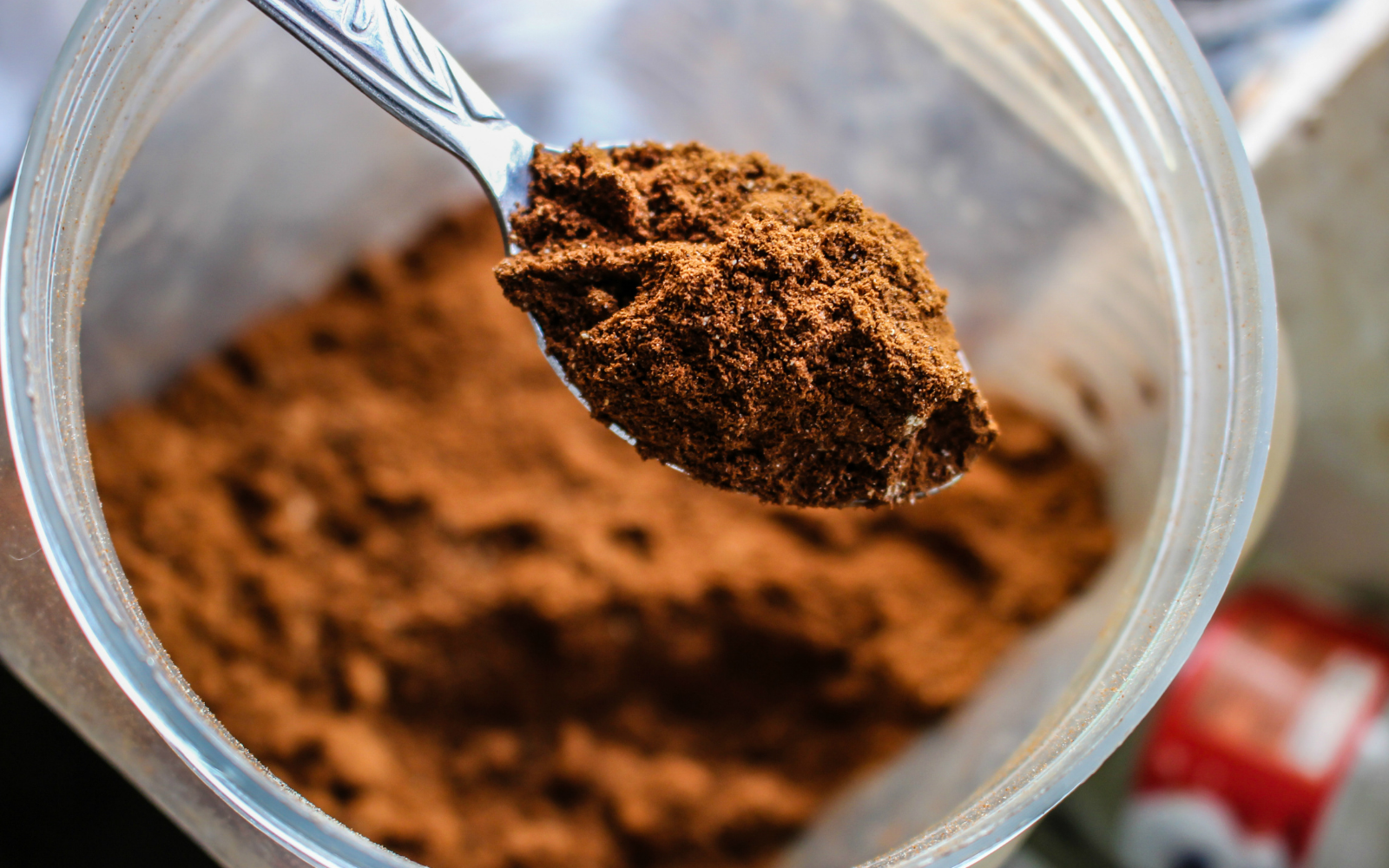You’ve probably heard of rooibos, but do you know about honeybush tea?
If it wasn’t difficult enough to keep track of all the green, black, white, and red teas out there, you can now add honeybush to the mix.
This medicinal tea grows naturally throughout South Africa – particularly the Western Cape – where it’s been used for centuries by indigenous populations.
Honeybush tea has countless antioxidants and nutrients which provide more health benefits than you can imagine. From fighting cancerous cells and inflammation to supporting bone health and the immune system, there isn’t any reason you shouldn’t add honeybush tea to your daily routine.m
What is Honeybush?
Cyclopia intermedia – otherwise known by its common name honeybush – is a plant with brilliant yellow flowers native to South Africa, specifically the Western Cape. The plant’s leaves, not flowers, are used to make a popular and healthy herbal tea which is similar to rooibos tea but slightly sweeter. Unlike traditional black and green teas, honeybush has low tannin levels. In other words, it won’t taste bitter if you steep it for too long – so feel free to enjoy a nice strong honeybush tea. The beautiful yellow flowers bloom in fall months and smell similar to honey which gives the plant its common name, honeybush. You can find dozens of different honeybush species throughout South Africa. The four most common types include mountain tea, coastal tea, Heidelberg tea, and marshland or valley tea. Traditionally, indigenous South African cultures would harvest, cut, and bruise the leaves before leaving them to dry and oxidize in the sun. Today, you can find honeybush tea in both super fine and course varieties for your favorite method of preparation.What’s So Great About Honeybush Tea?
Honeybush tea has a lovely antioxidant profile with high levels of aspalathin and nothofagin. A cup of honeybush tea will also give you a healthy dose of vitamins and minerals such as magnesium, zinc, iron, manganese, copper, potassium, and especially vitamin C.
Thanks to its hefty antioxidant and vitamin levels, honeybush tea has several important health benefits.
From defending against cancer and supporting healthy blood sugar levels to boosting the immune system and preventing gastrointestinal illness, there’s no reason not to add a nice cup of this tea to your daily routine.
1. Balance Blood Sugar Levels
Honeybush tea contains pinitol which may play a role in blood sugar levels. Some studies show that pinitol supplements can reduce blood glucose levels after consuming a glucose-heavy meal such as white rice. (1) However, there is some conflicting evidence that pinitol supplements don’t affect insulin or blood sugar levels, especially in diabetics, so play at your own risk. (2)2. Support a Healthy Immune System
Every day, your body is exposed to toxins and environmental hazards. It’s safe to say that everyone’s immune system could use a little extra support and there’s no better choice than honeybush tea. Honeybush contains plenty of antioxidants and phenols along with a hefty supply of vitamin C which makes it the perfect solution for immune support.3. Soothe Menopausal Symptoms
When you’re in the throes of menopause with hot flashes and uncomfortable mood swings, you want to do everything you can to ease symptoms. (3) Honeybush tea provides a natural solution for balancing your hormones. Honeybush tea has phytoestrogenic properties to help balance your lost hormones and soothe painful symptoms. Brew the tea for more than ten minutes to enjoy the full range of benefits.4. Keeps Bones Healthy
Over 10% of the American population over the age of 50 suffers from osteoporosis which can lead to painful fractures and complications with falls – especially in seniors. (4) Honeybush tea provides a solution for defending against osteoporosis and protecting your delicate bones. Studies show that properties in honeybush tea extracts have anti-osteoclastogenic effects which can prevent bone loss, similar to vitamin D. (5)5. Prevent IBS and Chron’s Disease
Its antioxidant profile gives honeybush tea powerful anti-inflammatory properties. Studies show that the antioxidants work particularly well against inflammatory diseases like Chron’s, irritable bowel syndrome, and inflammatory bowel disease. (6) You can also sip on a cup of honeybush tea to relieve acute inflammation with a broad range of symptoms such as joint pain.6. may Protect Against Cancer
Many teas have substances that ward away cancer and reduce tumor growth and honeybush fits right into the bunch. Studies show that honeybush tea extract contains potent levels of polyphenols which can slow tumor growth and reverse skin damage from the sun’s harmful rays. (7) Honeybush is also one of the most powerful teas for protecting the body against cancer due to polyphenols and flavanoids.
How to Make Honeybush Tea
It’s extremely easy to make your own honeybush tea at home just as you would make any other cup of tea. There’s a good chance you can find honeybush tea bags at your local grocery or organic food store. Look for brands that manufacture organic honeybush and high-quality tea leaves free from pesticides and other harmful ingredients. Just heat your water to about 212 degrees Fahrenheit and pour it into your cup over your loose tea leaves or tea bag. Most people like to steep their tea for between five and seven minutes, however, you can steep your tea for much longer – over ten minutes – to release higher levels of antioxidants into the water. You can also enjoy a nice cup of honeybush iced tea. Simply steep the tea to your desired strength and pop it into the fridge to indulge whenever the mood strikes. Add a little raw or organic honey to your tea to accentuate the honey flavor and provide a little sweetness. The honey itself can also add extra antioxidants and antibacterial qualities – so it’s perfect for mixing some honey with your immune-boosting honeybush tea if you’re fending off a flu or respiratory infection.What Does Honeybush Tea Taste Like?
Many people compare the flavor of honeybush tea to rooibos. It makes sense: honeybush and the rooibos plant are closely related. However, honeybush is a little sweeter than rooibos. If the medicinal taste of rooibos is too off-putting for you, you’ll probably appreciate the more delicate flavor of honeybush. Honeybush has a clean and gentle, yet full-bodied flavor, so it’s very refreshing as far as herbal teas go.Does Honeybush Tea Contain Caffeine?
The good news (or bad depending on your opinion): honeybush tea does not contain caffeine. Unlike green tea and black tea which come from the camellia synesis, honeybush is completely caffeine-free. Sometimes we need a little caffeine to push us through the day but many people with caffeine sensitivities can enjoy honeybush without worrying about the side effects. Plus, you can feel free to brew yourself a generous cup of medicinal honeybush tea before bedtime without stressing about losing sleep.Honeybush Vs. Rooibos
Although honeybush and rooibos are both grown in South Africa, honeybush is only found in the Western Cape regions. Both teas have very low tannin levels so you can steep them as long as you wish without worrying about the flavor turning bitter. Since rooibos has a more robust and medicinal flavor, you’ll often find it flavored with fruits such as apricots or strawberries. Honeybush, on the other hand, has a sweet flavor so it’s perfect to enjoy as-is. Both teas are harvested and produced the same way: cut, bruised, and left in the sun to oxidize. Once you brew yourself some honeybush, you can’t mistake the smell. It’s so strong that you can boil an open pot of honeybush on the stove to give the house a delicate fragrance. Some people say honeybush and rooibos are two worlds apart, strongly preferring one tea over the other. Meanwhile, others say the differences are negligible and they enjoy (or dislike) both teas equally. The only way to find out is to taste honeybush for yourself.Interactions and Side Effects
Honeybush and rooibos tea are both extremely safe – even when consumed daily. The teas have no known drug interactions or general side effects. It may be a good idea for anyone with breast cancer or hormone-sensitive conditions to moderate their honeybush consumption. Some of the compounds in honeybush and rooibos can increase the body’s estrogen levels (that’s why it’s so beneficial for menopausal women). At the same time, men can consume honeybush without stressing about increasing their estrogen to dangerous or unwanted levels.


